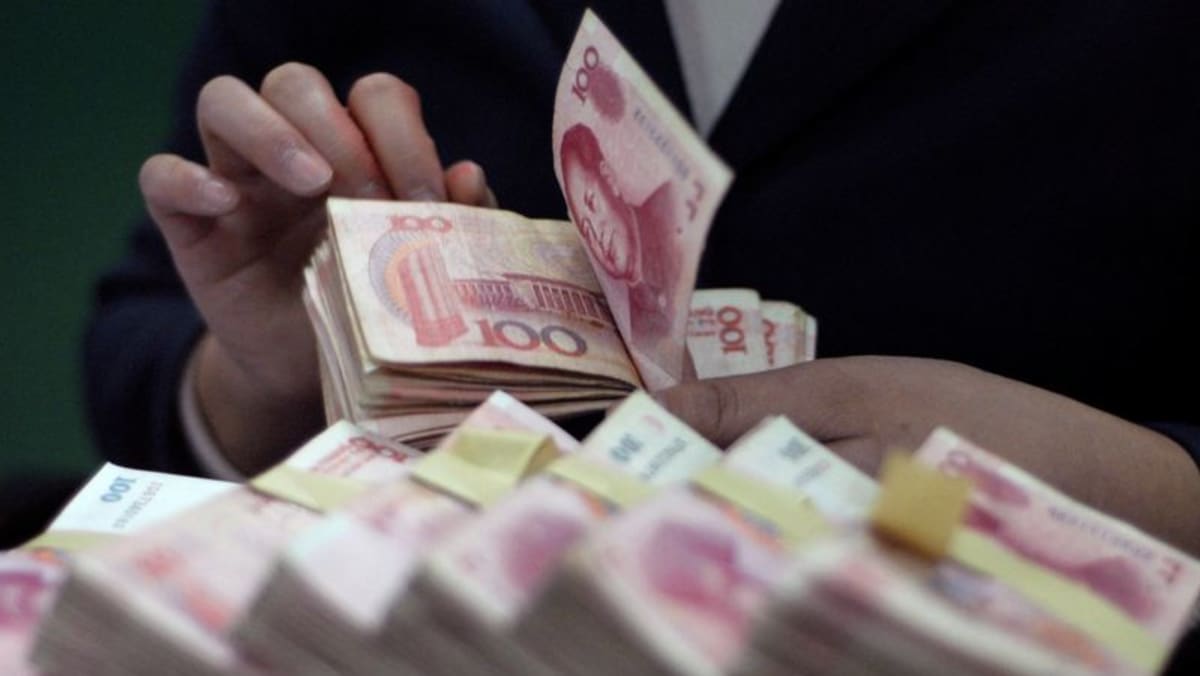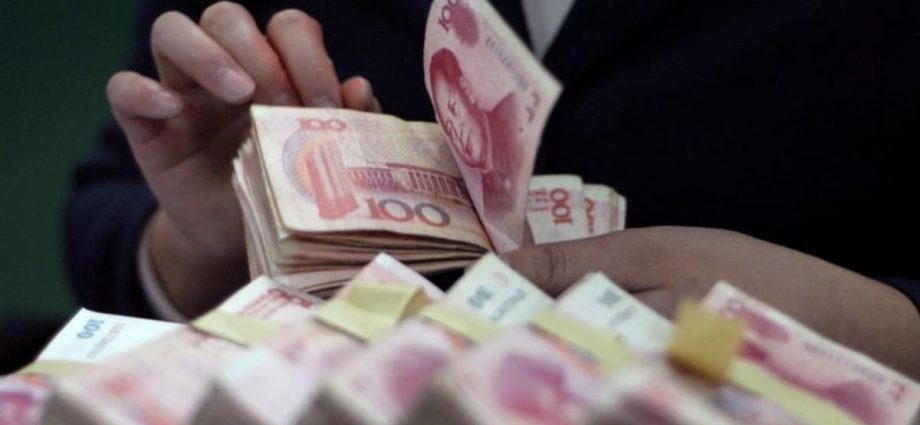
SINGAPORE: The Monetary Authority of Singapore (MAS) on Monday (Dec 18) instructed remittance companies here to use only banking and card channels to transfer funds to China, after Singapore police received hundreds of reports of remittances being frozen overseas.
From Jan 1 to Mar 31 next year, remittance companies cannot use overseas third-party agents of non-bank and non-card channels.
The measure will be reviewed after three months.
“This is necessary for the immediate protection of consumers, and to stem the number of reported new cases of beneficiaries’ accounts in China being frozen,” MAS and the Singapore Police Force (SPF) said in a joint media release.
They added that as of Dec 15, SPF received more than 670 reports of remittances being frozen, with a total sum amounting to around S$13 million (US$9.8 million). About 430 of the reports were against Samlit Moneychanger.
Remittance companies typically engage a bank or an operator of a card network such as Union Pay International to assist in remitting the funds.
They could also offer the option of processing remittances through third parties such as overseas licensed agents in order to lower transaction costs or get more favourable exchange rates.
“The cases affected make up a small minority of total remittance transactions through remittance companies,” said MAS and SPF.
“While such non-bank channels were not prohibited, recent actions taken by PRC law enforcement agencies with respect to such channels have made them more risky,” the authorities added, referring to the People’s Republic of China.
FROZEN FUNDS
The issue was first reported by Chinese daily Lianhe Zaobao which said about 1,000 Chinese nationals were affected by frozen funds, and that more than 100 people had lodged reports at the Police Cantonment Complex on Nov 19.
MAS and the police held an outreach session on Monday evening for people whose funds were affected, mostly Chinese nationals working in Singapore.
It was also attended by the Chinese Embassy in Singapore, as well as three remittance companies – Hanshan Money Express, Samlit Moneychanger and Zhongguo Remittance.
“These actions are part of a broader effort by the Singapore government to work with the PRC government and the relevant remittance companies in Singapore to help the remitters understand how they can get their monies and accounts in China unfrozen,” said MAS and SPF.
They noted that the Chinese Embassy had published a notice on Oct 24 advising Chinese nationals in Singapore to use official banking channels to remit funds to China, even though non-banking channels may offer more favourable exchange rates.
MAS said it has been engaging the remittance companies involved and instructed them to provide the necessary assistance to affected customers.
“This includes issuing a confirmation letter to affected remitters upon request, to prove that their monies had been remitted through them into China, with information on the source of funds, such as through employment, to facilitate the unfreezing of the accounts,” said the Singapore authorities.
They noted that the Singapore government has no jurisdiction over the beneficiary bank accounts frozen by Chinese law enforcement agencies.
“Nevertheless, we are in close contact with the PRC government on the information required to facilitate the PRC law enforcement agencies’ decision on unfreezing of the accounts,” said MAS and SPF.
“The Singapore government understands the frustrations faced by the affected remitters and is doing all it can to help.
“We urge the affected remitters to provide all the information necessary to facilitate the unfreezing of their accounts by the PRC law enforcement agencies, and to seek redress within the legal framework of Singapore.”
They added that the police will not hesitate to take enforcement action against anyone who breaks the law in Singapore, including organising or participating in a public assembly without a police permit.

